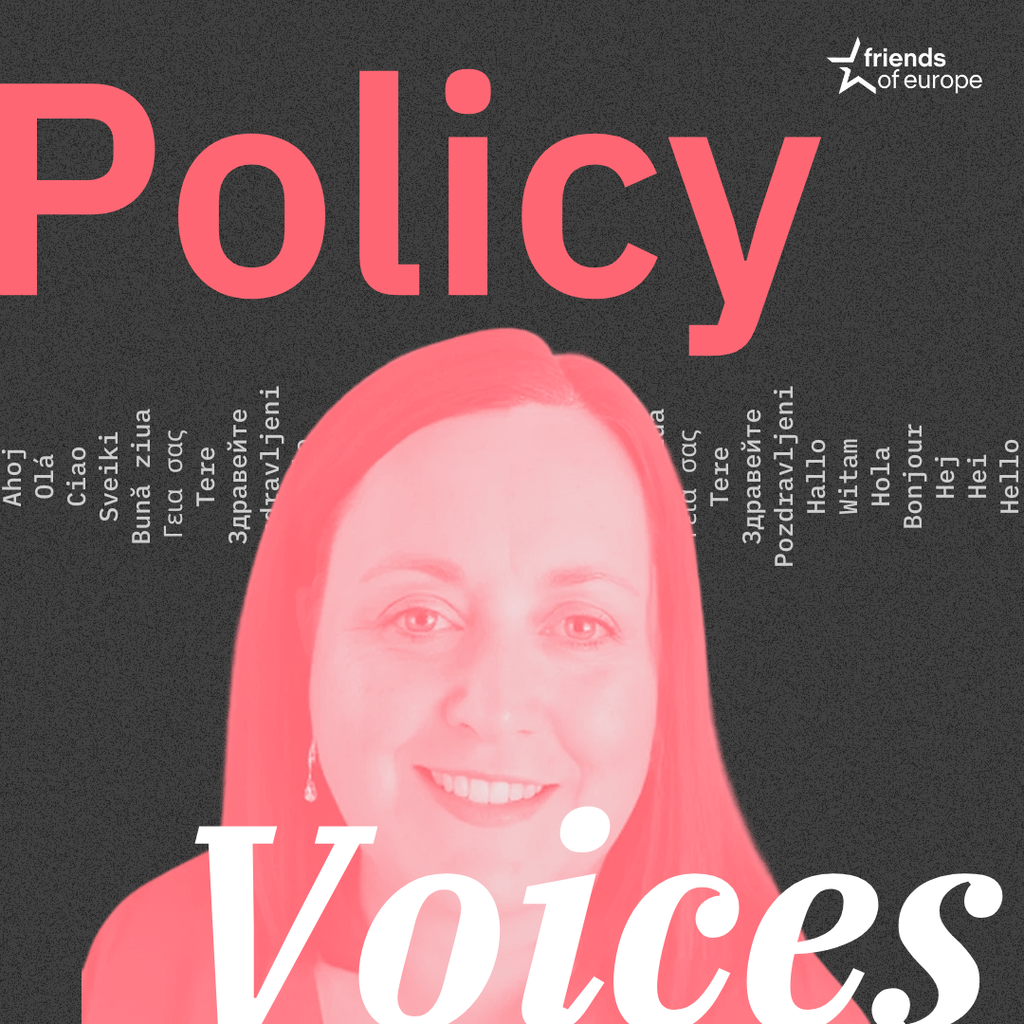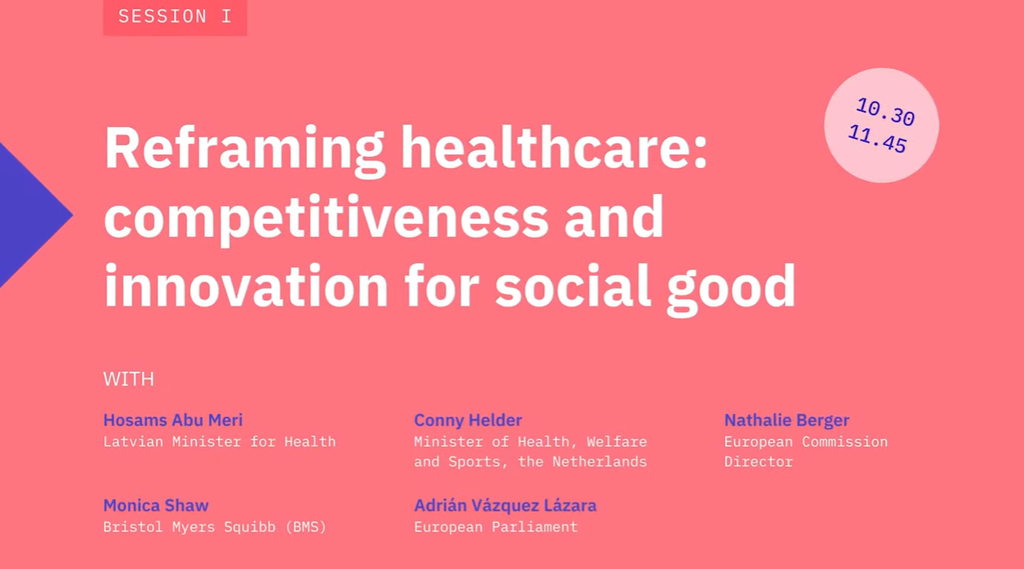Europe's moment: advancing clinical research and health innovation
Next event In person & online

- Area of Expertise
- Sustainable Livelihoods
Sustainable Livelihoods

Founder of Friends of Europe
Giles Merritt defies convention by urging a new layer of EU bureaucracy – but one with sharp teeth and a brief to think the unthinkable.
As a young Financial Times Paris correspondent in the mid-1970s, I was dazzled by ‘Le Plan’. The powerful agency that had been conceived by General de Gaulle was driving backward rural France into the frontline of Europe’s post-war industrial re-generation. High-fliers in the prime minister’s Hotel Matignon were ruthlessly creating nuclear, steel and high-speed rail projects that boosted national morale and ushered in 30 years of prosperity – les trentes glorieuses.
Europe needs a comparable plan. In Paris, the defunct Datar planning agency is being revived as ‘France Stratégie’ to plan for a post-Covid world, and that is what the EU should be doing too.
That’s the European Commission’s job, isn’t it? Yes and no: The commission produces a great many plans and has an admirable culture of thinking ahead, yet it is rooted in its 60-year past and fettered by the EU’s complex structures. The European Union should strengthen and support it with an independent planning authority mandated to think the unthinkable. These are desperate times, so it should have the clout to knock member states’ heads together to ensure revolutionary ideas and projects are speedily implemented.
Nobody still believes the corona crisis is a passing blip. It’s obvious that its ripple effects are upending social and economic patterns around the world. This uncomfortable truth calls for radical and far-sighted responses. If the catalyst of Covid is adroitly employed it could shake Europe out of its lethargy. Otherwise, the gradual decline of the past two decades will accelerate with disastrous consequences.
There’s a host of areas where the EU can work with rather than against China
So what tasks should such an unprecedentedly powerful new EU body be given? Five broad areas spring to mind:
The China question goes far beyond ensuring that the EU will not be caught in the crossfire of Beijing-Washington antagonisms. The new agency must capitalise on the EU’s formidable array of regulatory powers to set out global proposals that meet China’s concerns, while also setting clear limits to some Chinese policy goals. For instance, Beijing’s efforts to secure an ‘updating’ of the internet to make it more easily monitored must be stamped on hard. The “cyber sovereignty” urged by China would herald a dystopian new world of surveillance and control.
There’s a host of areas where the EU can work with rather than against China. A fresh approach to the global oversight and regulation of banks and financial services and the enhanced role of the renminbi is one, because China will not remain indefinitely in thrall to Wall St and the almighty dollar. The Brussels agency should also draft a structured and transparent multilateral legal and judicial regimen to avoid extra-territorial lawsuits and sanctions such as those over Huawei and TikTok.
The full economic, social and political impacts of the Covid lockdowns will soon start to be felt worldwide
Political leaders across Europe are uncomfortably aware of the limitations of national policies in the face of Covid. The powers of such a novel EU mechanism would be a hard political choice, but an iron fist will be needed to resolve internal EU challenges. Industrial and trade policies, together with competition rules, should top an agenda for a massive Europe-wide technology strategy.
Calling for yet another layer of EU bureaucracy may look unrealistic and unnecessary; it’s not. Brussels has been struggling for decades with the streamlining of the EU institutions, but now the issue is existential. Desirable as the checks and balances of EU decision-making are, they risk standing in the way of adequate responses to Covid and its aftermath.
An immediate first step could be the creation of a small team of aggressive thinkers drawn from business and industry, national civil services and the EU bodies to map out ambitious ideas appropriate to a variety of post-Covid scenarios. To assess member states’ readiness to pool resources and authority in a powerful EU planning agency, they should be quizzed on the likely effectiveness of their national policy solutions.
The full economic, social and political impacts of the Covid lockdowns will soon start to be felt worldwide. When job losses and debts begin to cascade, voters will turn on their national leaders and on the European Union. ‘Where is the promised solidarity of the EU?’ they will ask, and Brussels must come up with more than consoling words and a schedule of ministerial council meetings.
Next event In person & online

Past event In person & livestreamed

Past event In person

Past event In person & livestreamed





Stay informed
We use cookies and similar technologies to adjust your preferences, analyze traffic and measure the effectiveness of our campaigns. Learn more about our privacy policy.